5 Useful Social Listening Hacks for the Automotive Industry
Social media listening gives you an insider’s perspective into what consumers want. By keeping your eye on relevant on-line conversations across the Internet, you can obtain valuable customer insights that wouldn’t be available to you otherwise.
Listening tools like Brand24 allow you to instantly collect on-line brand mentions (or anything else you need to track) so you can:
- quickly handle customer complaints
- generate more leads
- monitor campaigns/incentive programs
- see what your competitors are up to
- get ideas on how to improve your product or develop new product accessories.
Check out some examples of discovered opportunities (many missed!) found via social listening in the automotive industry, below:
1. Handle (not ignore) customer complaints
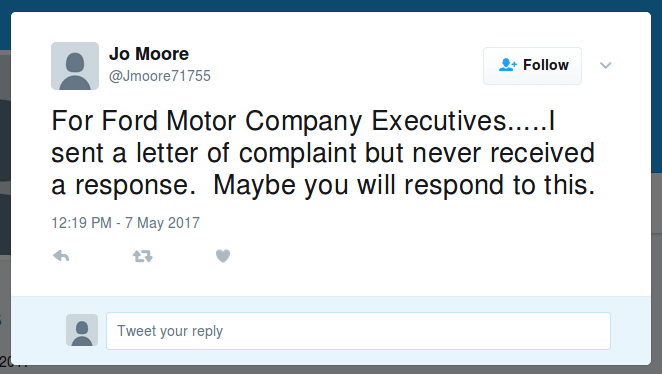
The customer behind the post above has made previous attempts to obtain service from Ford, but without any results. They’ve now resorted to social media to express their frustrations.
Mentions like this, which talk about (or to) the brand, are surprisingly easy to overlook. This is because it isn’t a direct message (it doesn’t contain @Ford), meaning that the company won’t receive any notifications about publicly made negative feedback like this.
Assuming Ford isn’t trying to ignore its customers, a social listening tool would pick up on a mention like this and notify the company about it. This allows your customer service team to give customer complaints the attention they deserve and in a timely manner, before the situation has a chance to escalate.
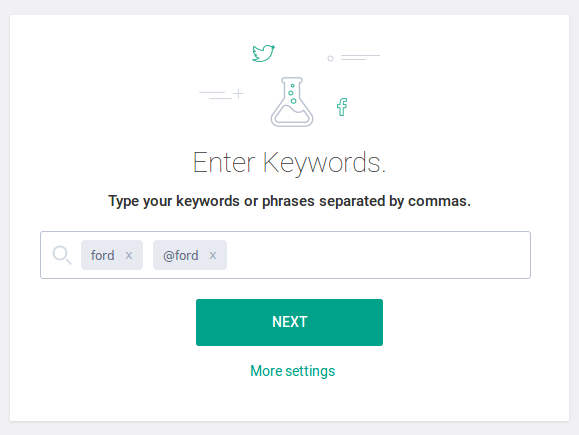
How? Just track your brand name like any other keyword:
2. Generate more leads
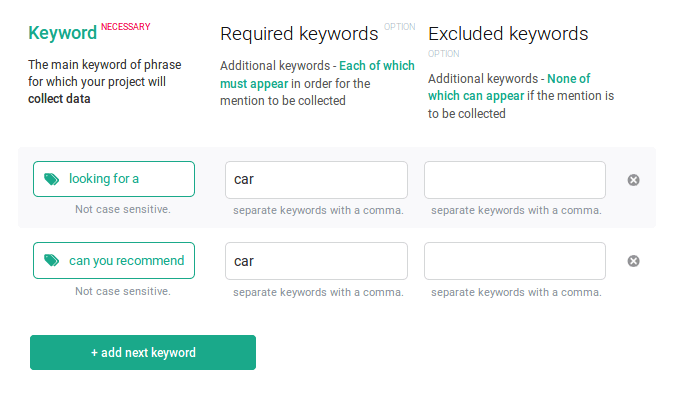
While you are tracking on-line mentions of your brand, remember that monitoring other keywords or phrases that are relevant to your industry can also help you find potential customers.Tracking phrases like looking for a together with car as a Required keyword can reveal on-line mentions from those who are actively seeking personal recommendations before making a planned purchase.
The post above is a prime example of this: a potential customer who is looking for a low-maintenance car with good gas mileage has laid out their needs and budget on-line. This is the ideal time and place for companies to inform the potential buyer about vehicles that would be a good fit for them.
On-line mentions like this are valuable because they present perfect opportunities to engage with customers. Since they’re literally asking for advice, this is a rare moment where your suggestions will be appreciated. Your message will come across as less of a pushy marketing ploy and much more like an authentic piece of advice.
3. Monitor campaigns and incentive programs:
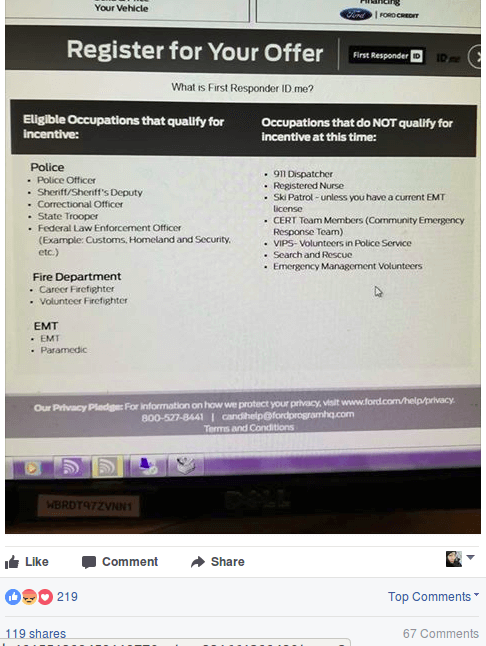
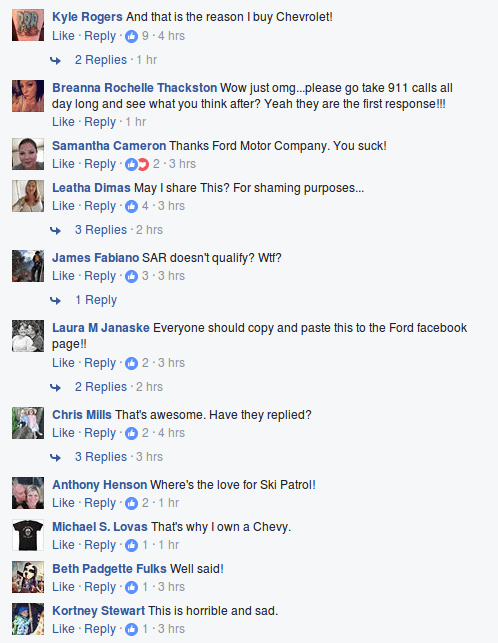
Ford’s aptly named First Responder incentive has stirred up both disappointment and anger among groups who have been specifically excluded from the program. The blow back is considerable and continues to grow. Some comments to the incentive restrictions, below:Much of the controversy is based on how Ford has determined who qualifies as a “first responder”. Some excluded groups felt slighted and didn’t hesitate to let the company know that they were not happy with having a significant aspect of their job overlooked.
Comments like ‘That’s why I own a Chevy’ and ‘That’s awesome. Have they replied?’ are some of the milder reactions.
Only 2 days after the initial post and there are already 119 shares, 219 reactions, and 67 comments. Behold, the power and speed of the Internet!
The company may want to consider extending their First Responder incentive to include all first responders. Competing brands who are monitoring the situation can also learn from this and avoid making the same mistakes in their own incentive programs.
4. Track your competitors:
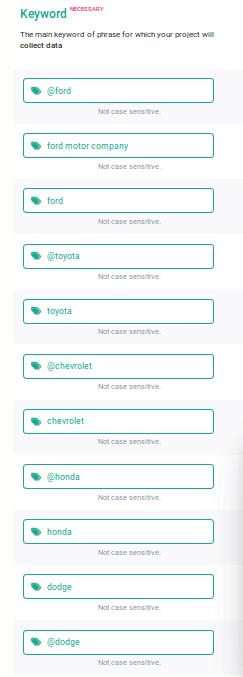
Social listening isn’t just restricted to tracking mentions related to your own brand. You can also use it to track your competitors, which is what many companies are already doing.
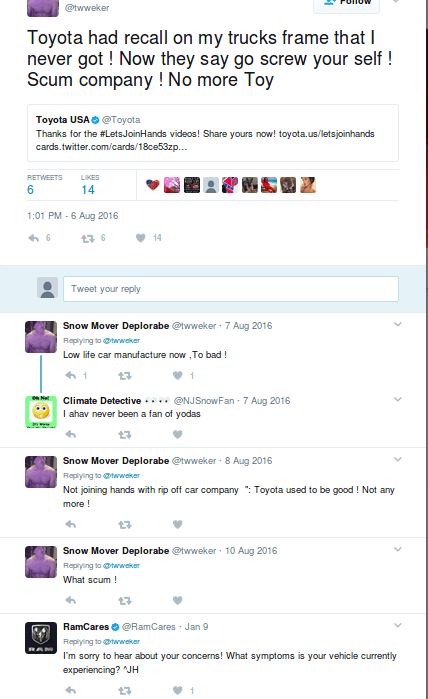
In the thread above, a dissatisfied customer expressed his frustration by mentioning Toyota in an angry post without directing his message at them. Unfortunately, the company did not see the message and failed to offer any response.
A social media manager from Dodge Ram picked up on the post and later offered the customer assistance by simply asking what the problem was. Their comment earned a like and the company’s thoughtful response was seen by a wide audience through re-tweets and likes of the original post.
Monitoring on-line mentions of other companies in your industry can reveal opportunities to convert your competitors’ dissatisfied customers into satisfied ones for your own brand (like in the example above). One company’s ignored customer can easily turn into a competing company’s loyal fan especially if the competitor’s social media manager notices the customer’s frustration and reaches out to them to offer assistance.
Keeping tabs on what other companies are doing also lets you find out how audiences are reacting to their latest campaigns, see what strategies work well, and learn which products/services are popular among consumers.
5. Improve your product & develop new accessories:

In the post above, a customer has asked for suggestions on how to make the seat on his motorcycle more comfortable for his passengers. The makers of the Honda Shadow may want to take this into consideration when making plans for future vehicles.
Or develop new product accessories to accommodate their current customers. A number of readers have already responded to this post and suggested their favorite products to solve this problem.
This is yet another reason to monitor mentions of your product: it can help you figure out how to improve future editions or variations for your customers.
If there’s an immediate issue and the product is already on the market, social listening can help you glean information for product research & development. Analyze this info to create accessories that would improve the current customer experience for those who have already purchased the product.
The examples above demonstrate just a few ways you can hack social listening to benefit your business (there’s also reputation management, market research, finding influencers, etc.), and this is in no way limited to only the automotive industry.
Are you tracking important on-line mentions for your company and industry?
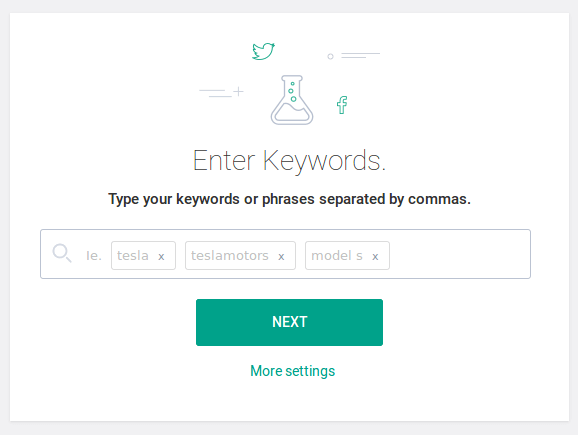
Sign up for a free trial with Brand24 and start monitoring today.






![What is Brand Awareness? Guide & 9 Powerful Tactics to Build It [2022]](https://brand24.com/blog/wp-content/uploads/2020/12/15-The-ultimate-guide-to-brand-awareness-1400x660x2-640x300.png)

